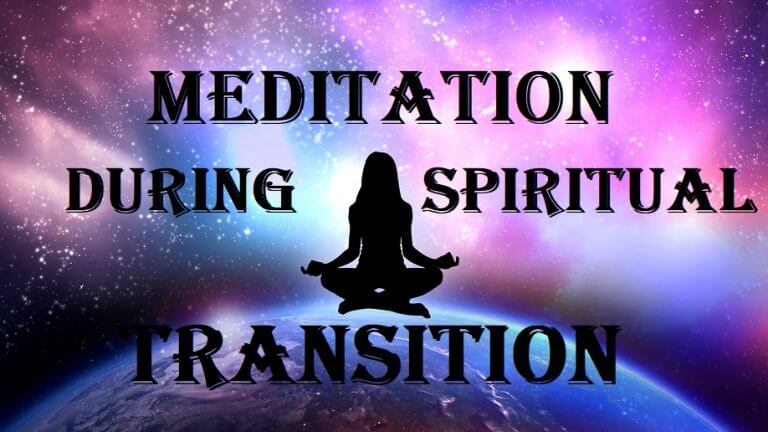Karma: The Universal Law of Cause and Effect
Introduction:
Karma, a fundamental concept found in various Eastern philosophies and religions, is a concept that has captivated the human imagination for centuries. Derived from the Sanskrit word meaning “action” or “deed,” karma is the universal law of cause and effect that governs the moral and ethical consequences of our actions. This article explores the multifaceted nature of karma, its origins, its role in different belief systems, and its profound impact on personal growth and spiritual evolution.
Understanding Karma:
Karma, at its core, is the belief that our actions, intentions, and thoughts have consequences that shape our present circumstances and future experiences. It suggests that every action we undertake, whether positive or negative, generates a corresponding energy that returns to us in some form.
Origins of Karma:
The concept of karma can be traced back to ancient Indian philosophies, particularly in Hinduism, Buddhism, and Jainism. In these traditions, karma is intricately tied to the cycle of birth, death, and rebirth, known as samsara. It serves as a moral compass, guiding individuals towards right action and encouraging personal responsibility for one’s destiny.
The God Vishnu is the supreme Enforcer of karma by acting as the Sanctioner (Anumanta) and the Overseer (Upadrasta):

Laws of Karma:
Karma operates under several fundamental principles:
a. Law of Cause and Effect: Every action, whether physical, verbal, or mental, produces a corresponding consequence.
b. Law of Moral Causation: The nature of the action determines the quality of the karmic outcome. Positive actions generate positive results, while negative actions yield negative consequences.
c. Law of Intention: Karma is not solely determined by the external action but also by the intention behind the action. The motivation and attitude behind our actions play a crucial role in shaping the karmic outcome.
d. Law of Balance: Karma operates to restore equilibrium and balance in our lives. It seeks to harmonize our actions, thoughts, and emotions.
Types of Karma:
Karma can be categorized into different types based on its nature and timing:
a. Sanchita Karma: Accumulated karma from past actions that have not yet manifested.
b. Prarabdha Karma: The portion of Sanchita Karma that is ripe and currently influencing our present life circumstances.
c. Agami Karma: The karma that is currently being created through our present actions and will bear fruit in the future.

Karma in Hinduism:
In Hinduism, karma is deeply intertwined with the concept of dharma, one’s duty or righteous path in life. It emphasizes the idea of reincarnation, where the consequences of past actions shape an individual’s current and future lives, creating an opportunity for spiritual progress.
Karma in Buddhism:
Buddhism views karma as a key component of the cycle of samsara, which perpetuates suffering. However, unlike Hinduism, Buddhism emphasizes the possibility of breaking free from this cycle through enlightenment and the cessation of karma.
Karma in Jainism:
In Jainism, karma is seen as a subtle material substance that accumulates on the soul due to the individual’s actions. The ultimate goal is to purify the soul by reducing and ultimately eradicating karmic bondage through right conduct, meditation, and ascetic practices.

Karma and Personal Growth:
Karma serves as a catalyst for personal growth and spiritual evolution. It highlights the importance of self-awareness, mindful action, and the cultivation of positive qualities such as compassion, generosity, and forgiveness. By understanding the consequences of our actions, we can make conscious choices that lead to a more harmonious and fulfilling life.
Resolving Negative Karma:
Negative karma can be resolved through various means, including self-reflection, atonement, forgiveness, and the practice of virtues. By consciously acknowledging and taking responsibility for our actions, we can actively work towards breaking negative karmic patterns.
Karma and Interconnectedness:
Karma reinforces the principle of interconnectedness, highlighting that our actions not only affect ourselves but also impact others and the world around us. It reminds us of our collective responsibility to cultivate positive karma and contribute to the well-being of all beings.
Karma and Justice:
Karma is often associated with the concept of cosmic justice. It provides a framework for understanding the apparent inequities and injustices in the world, suggesting that every individual ultimately reaps the consequences of their actions, whether in this life or subsequent ones.
Karma and Liberation:
In many spiritual traditions, the ultimate aim is to transcend the cycle of karma and attain liberation or enlightenment. By dissolving karmic attachments, one can break free from the limitations of the material world and achieve a state of profound spiritual awakening.

Conclusion:
Karma serves as a profound reminder of the interconnectedness of all beings and the importance of conscious action. It guides individuals towards personal growth, ethical living, and the pursuit of spiritual liberation. By understanding and embodying the principles of karma, we can navigate life’s challenges with greater wisdom, compassion, and self-awareness, ultimately shaping our destiny and contributing to the collective evolution of humanity.






